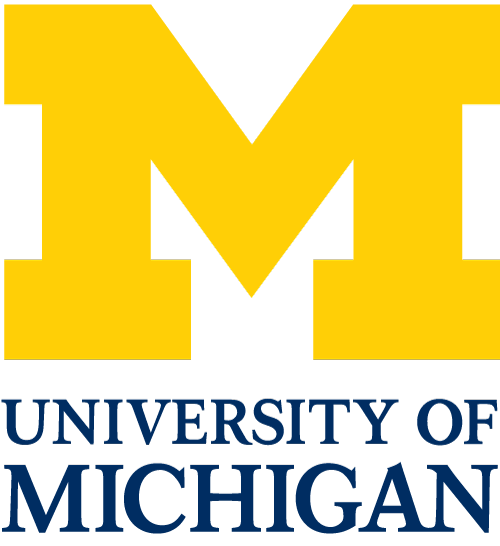The University of Michigan’s Ann Arbor campus is quite unique. The city itself is full of people from all over the country and world, and the campus’ diversity sometimes makes it hard to remember it resides in the Midwest. While those who were born and raised in the Midwest pick up on the things that do make Ann Arbor Midwestern, those who have little experience with the area might not pick up on anything other than the weather. The topic of the Midwest is an uncommon one to talk about. It often gets brushed under the rug, and the term is arguably used very loosely among those who have never even seen the Midwest. But the University of Michigan’s English Department brings to fruition a discussion of the term “Midwestern” through a class dedicated to the literature of the region.
Midwestern literature. It’s probably a genre you didn’t even know existed, because c’mon, what do people in the Midwest have to write about other than wanting to leave it? But Aric Knuth, the leading lecturer of the class and a born and raised Midwesterner, explores the term “Midwest” through a series of books, poems, and short stories the students are assigned to read throughout the semester. While some of the readings contain stories of people who live in the Midwest and do want to leave it, many of them bring life to small towns that similarly exist in nearly all Midwestern states, and cause a reader to question what it really means to be “Midwestern.”.
The first day of class began with an open discussion about what the students believed it meant to be Midwestern, and whether or not they identified as a Midwesterner themselves — that being because they grew up in the Midwest or because they attend school in it. This semester, all but one student is from the Midwest, and that one student is from a completely different country. Some students identified as Midwestern, some did not, and some weren’t quite sure. As a student in the class and self-identified Midwesterner, the question “what does it mean to be Midwestern?” was one of extreme difficulty for me to answer on day one.
However, as the class progresses over the next few weeks, and we begin to consume more Midwestern literature, I’m beginning to realize it’s okay if I don’t have a direct answer for what it means to be Midwestern. The stories we’ve read have already ranged across the board. They’ve added layers to what it could mean to be Midwestern through exploring each character and the towns they live in. Sherwood Anderson’s novel of short stories, Winesburg, Ohio, looked in depth at the lives of different residents of a small town and their relationships with each other. In the short story by Lorrie Moore, “You’re Ugly, Too”, we look at the Midwest from the perspective of someone who grew up outside the region and is now trying to find their place in it. The uniqueness of the readings allow students to better grasp the complexity of the Midwest in hopes to better understand how to define it. As the class continues, I hope to have a clearer definition of the term for myself, but if I am unable to identify one — even after reading the likes of Toni Morrison’s Beloved or Willa Cather’s My Antonia — I’ve realized that’s okay too.
This Midwestern Literature class sheds light on the complexity of the Midwest and what it means to be Midwestern. If you’re like me, and want to understand more about the region you’ve grown up in and why the people around you do things the way they do, this class is for you. But if you’re not from the Midwest, and want to gain a better understanding of the area you’ll spend four years of your life in, this class is also for you. And if you’re simply wanting to read some compelling pieces and learn from a great lecturer who has a passion for the subject, Midwestern Literature is one of your best options.

